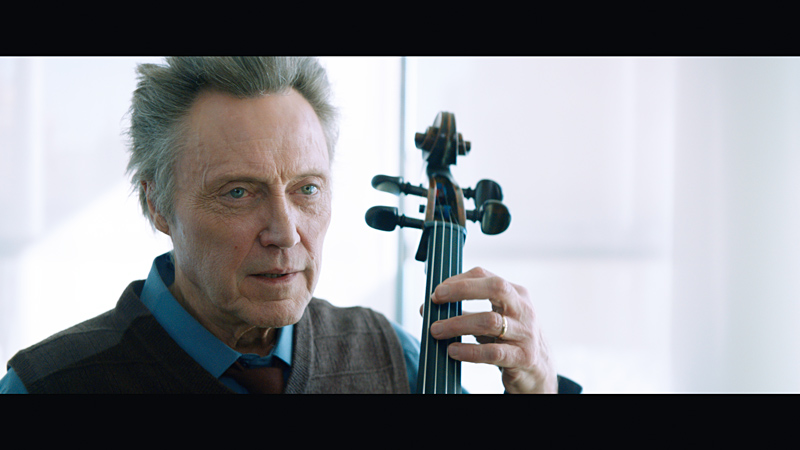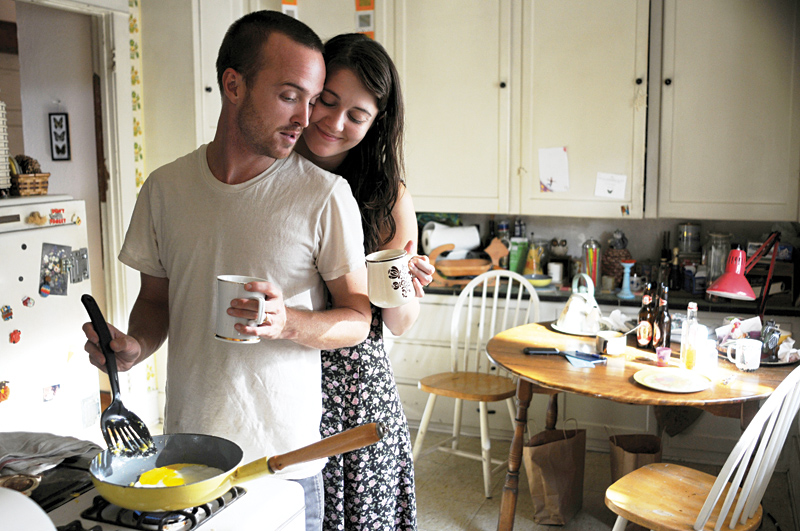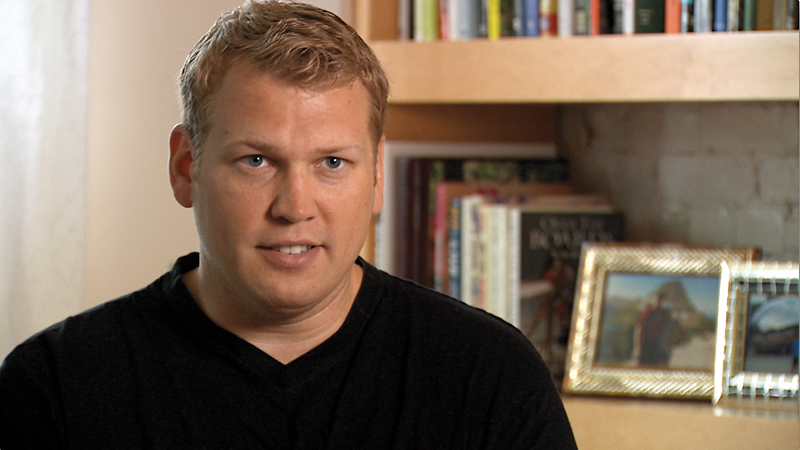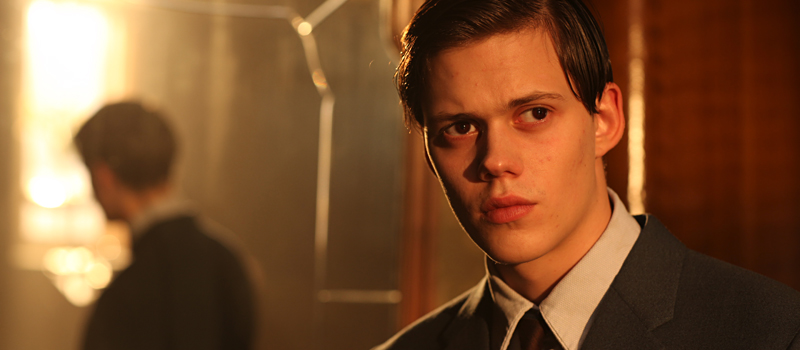Woody Allen has been known to suggest that, in directing a good movie, much of the battle lies in casting. Were that entirely true, A Late Quartet—which stars Philip Seymour Hoffman, Catherine Keener, and Christopher Walken—would be phenomenal. As it is, the film about a New York City string quartet whose future is thrown into question after the cellist (Walken) is diagnosed with Parkinson’s disease and the relationship of the two married members (Keener and Hoffman) begins to unravel is a mixed bag. Always stately, occasionally stuffy, co-writer/director Yaron Zilberman’s chamber drama expresses every real-world problem via musical metaphors and is prone to occasional bouts of grandiosity not quite befitting its stripped-down scale. This tonal back-and-forth is in some ways reflective of the group’s music, but impedes us from getting a meaningful hold on what these people are feeling and why we should care. Zilberman is often too tasteful to dig into the scandal and melodrama that eventually mires A Late Quartet‘s plot, but an exceptional finale bucks this trend by acting more as a catharsis than a climax, making up for prior shortcomings and fulfilling much of the film’s promise. It’s something of a relief that little is actually resolved in A Late Quartet; Zilberman is at his best when leaving narrative threads hanging rather than trying to tie them together.
A Late Quartet: Christopher Walken as Afflicted Cellist








